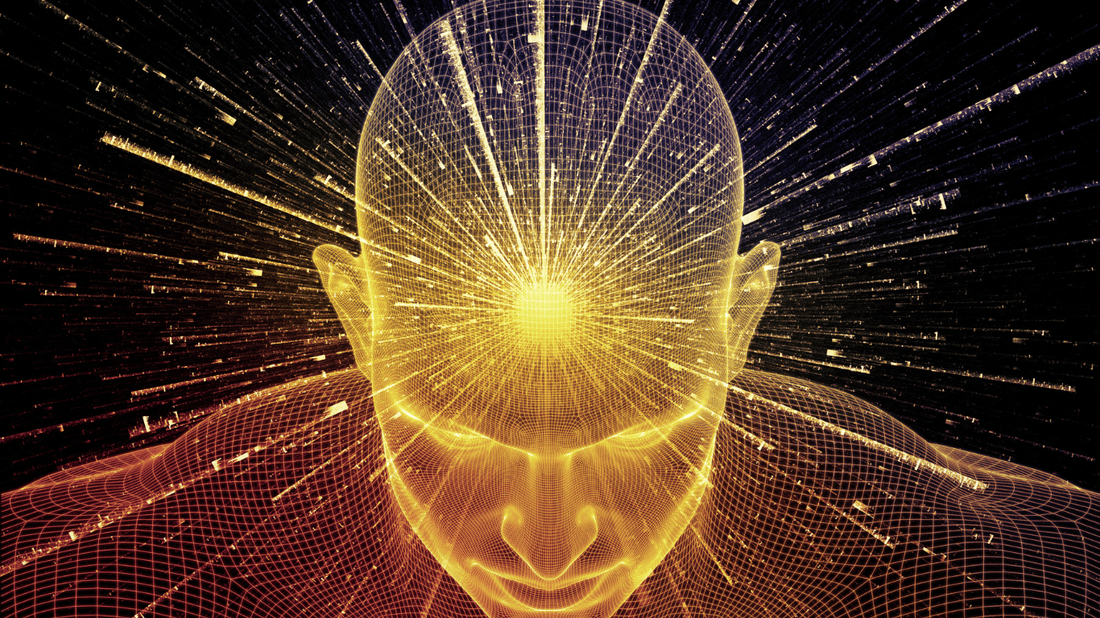
The Role of Psychedelics in Treating PTSD in Veterans
Jason HigginsShare
I have seen firsthand the transformative power of substances like ibogaine, MDMA, and psilocybin. In countries where the use of these substances is legal for medicinal purposes, I have witnessed and experienced for myself their ability to bring relief to those suffering from a variety of mental health conditions, including post-traumatic stress disorder (PTSD)

IBOGAINE
Ibogaine is a psychoactive substance found in the root bark of the African shrub Tabernanthe iboga. It has long been used in spiritual and ritual practices in West Central Africa, but more recently it has been explored as a treatment for addiction and PTSD. Some studies have found that ibogaine may be effective in reducing drug cravings and withdrawal symptoms, as well as reducing symptoms of PTSD. While ibogaine is not currently approved by the Food and Drug Administration (FDA) for use as a treatment for any condition, it has been used successfully in countries where it is legal to do so.

MDMA
MDMA, also known as ecstasy or Molly, is a psychoactive substance that is often used recreationally. However, it has also been studied for its potential therapeutic effects in treating PTSD and other mental health conditions. Some studies have found that MDMA may be effective in reducing symptoms of PTSD, particularly when combined with psychotherapy. While MDMA is a Schedule I controlled substance in the United States and is therefore illegal to use, possess, or distribute, it has been used successfully in countries where it is legal for medicinal purposes.

Psilocybin

Ayahuasca

From Our CEO
As a veteran who underwent ibogaine treatment in Mexico, I can honestly say that it was the most profound spiritual experience of my life. Prior to treatment, I was struggling with severe symptoms of post-traumatic stress disorder (PTSD) and felt lost and disconnected from the world around me.
The ibogaine treatment allowed me to view my time at war in a completely different way and gave me a newfound perspective on humanity, the universe, and everything around me. During the treatment, I was able to confront and process my traumatic experiences in a safe and supportive environment, and it was through this process that I was able to let go of the pain and suffering that had been weighing me down.
I returned home feeling lighter, more grounded, and better able to navigate the challenges of daily life. I am forever grateful for the healing and spiritual awakening that the ibogaine treatment provided me, and I highly recommend it to other veterans who are seeking a path to recovery and healing.
It is my hope that one day these natural medicines will be more widely available and accepted as a legitimate form of treatment for those in need.





